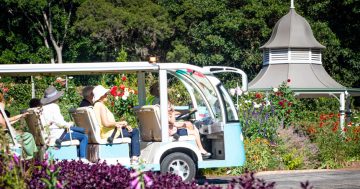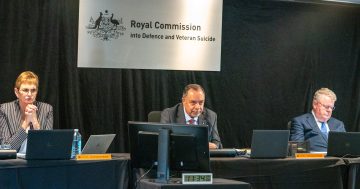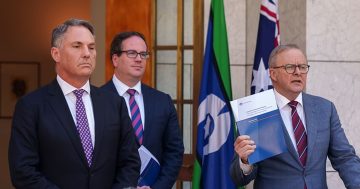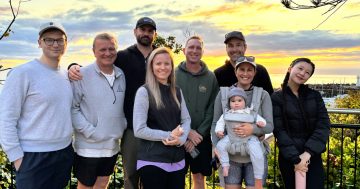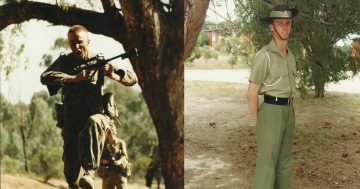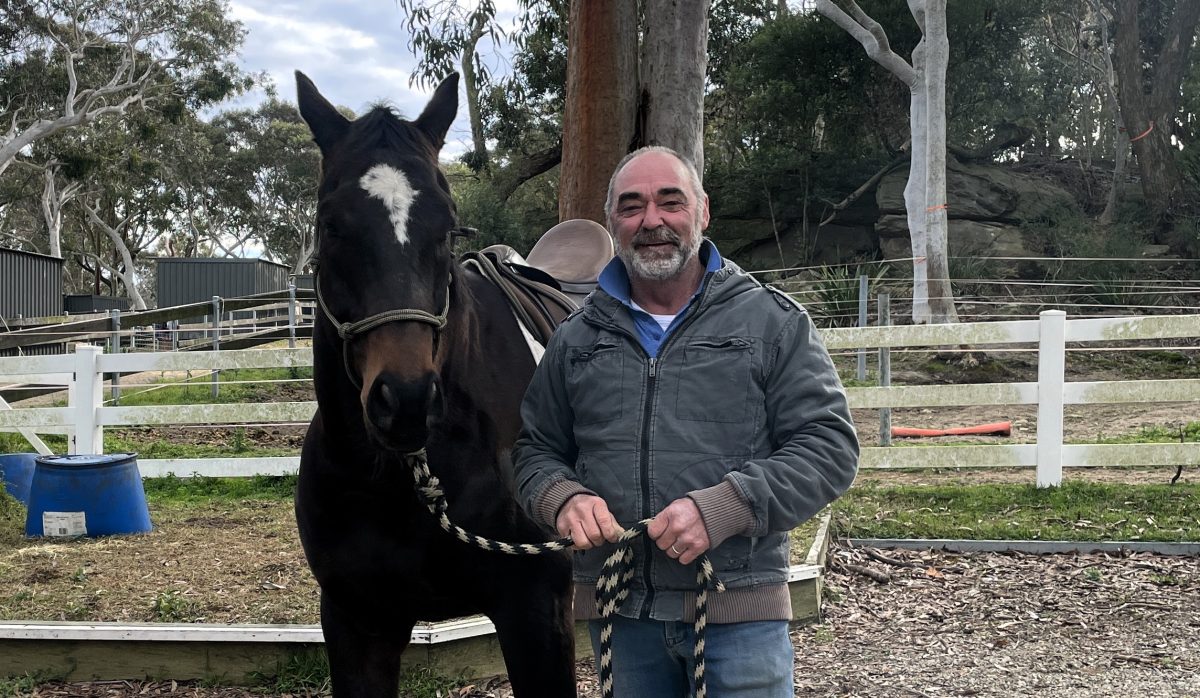
Scott Brodie started Horse Aid to support veterans and first responders. Photo: Keeli Royle.
Veterans and first responders who have struggled with their mental health have found unexpected results by experiencing the healing power of horses and the benefits of learning the skills to train them.
Scott Brodie started working with ex-servicepeople around a decade ago, and found that through horsemanship training, many were able to completely transform their lives.
“I’ve seen ridiculous change,” Scott said. “I’ve seen people going from being really down in the dumps, really tied up with the experience of post-traumatic stress disorder and then they get this post-traumatic elation.
“They find a way to come out of that so their lives change dramatically.”
As an experienced horseman and a former police officer, Scott created Horse Aid, and his unique skills have helped veterans to connect with their own challenges through recognising and adjusting to the responses of thoroughbred horses that need to be retrained.
“Horses don’t lie,” Scott said. “If you’re acting in an unusual way or your energy levels are too low or your energy levels are too high, or you’re too aggressive or you’re not assertive enough, horses will tell you straight away.”
And participants often realise the similarities of their own situations with the creatures they are training.
“There’s quite a few parallels between horses that have been prepared for a specific purpose, for a job that they’ve got to do and at the end of that time all the things they’ve learnt are pretty useless for the rest of their lives,” Scott said.
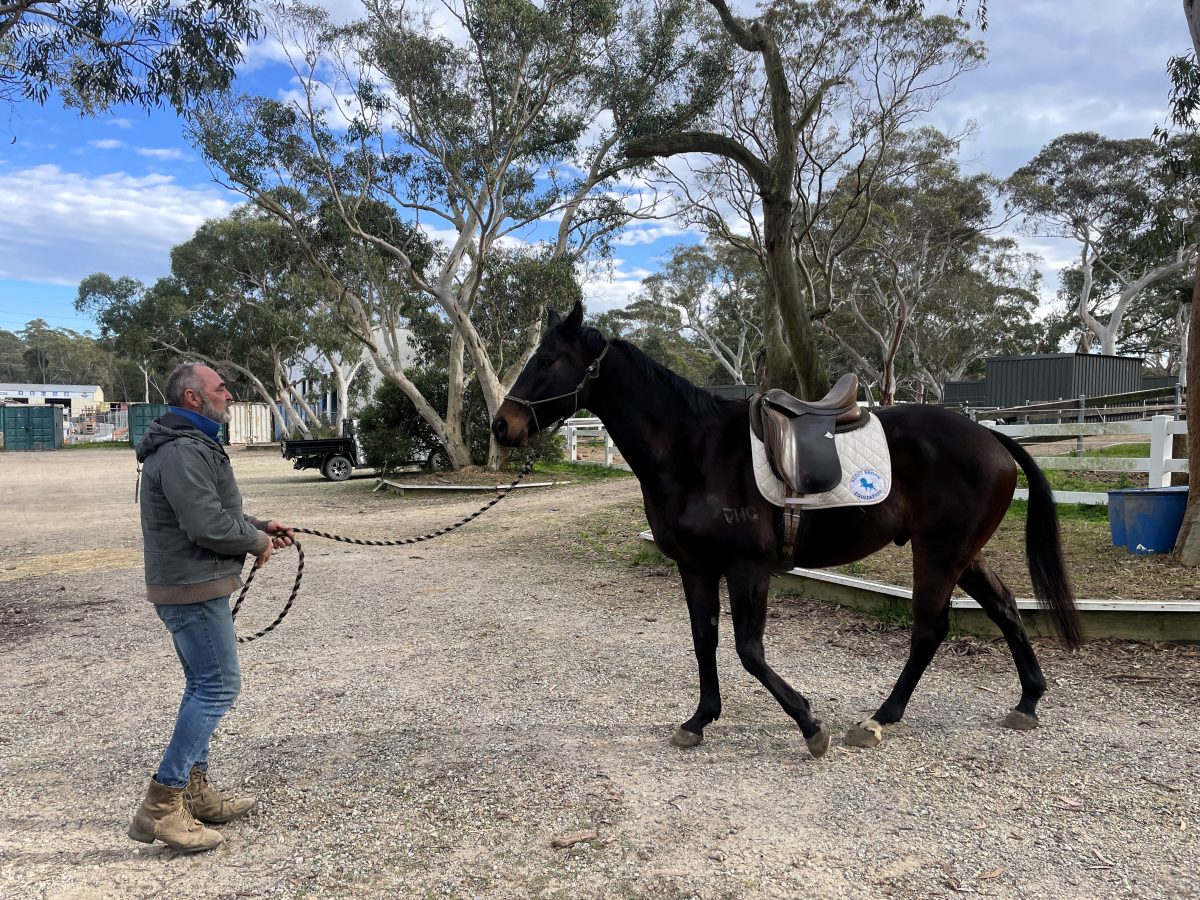
Veterans have reported incredible results from the horsemanship program. Photo: Keeli Royle.
“And a lot of the time that’s similar for particularly military people who have been taught to go out and kill and they come back into the real world and the level of alertness and aggression that’s been drummed into them holds them back.”
Isaac Adams is a fifth-generation soldier, with family members from both sides having served in the army.
But when he returned from service in 2011 he struggled to find effective support to meet his needs.
“I was looking for alternative ways of helping myself from my mental health challenges that I was having from PTSD from serving in Afghanistan,” Isaac said. “I had tried quite a few different methods and psychosocial and psychology sessions and it was helping but I needed something that really challenged me.”
After buying a horse and trying to self-train through YouTube, he met some people who put him in touch with Scott.
“I’d worked with him maybe two or three times and he pulled me aside at the end of the day and said, ‘What’s your plan with all of this?’ and I said, ‘I want to become a horse trainer, I want to go as far with horsemanship that I can,'” Isaac said.
He chipped away at his horsemanship for years, and simultaneously started to notice changes within himself.
“I woke up one morning and I just had less fog, I had less of a feeling of being oppressed by something,” Isaac said.
And health professionals noticed it too.
“When I saw my psychiatrist and they said, ‘You are dramatically a different person to the person I saw nine months ago’, and they encouraged me to keep doing what I was doing because I became an example that you can move past PTSD and you don’t have to keep living with the symptoms,” he said.
It made such an impact on Isaac’s life that he started offering similar services to others when he moved back to Queensland.
“I love doing that work now for other veterans and I’m seeing it over and over and over again,” he said. “It also then gives me a sense of service and something that I can give back.”
But with limited skills, people and funding available for these kinds of treatments around the country, accessibility is still limited.
“It would be great to get the same sort of thing happening across Australia in other states, I’d love that to happen,” Scott said. “I’m happy to travel to help get things set up but you have to find those people with the right skill set.”
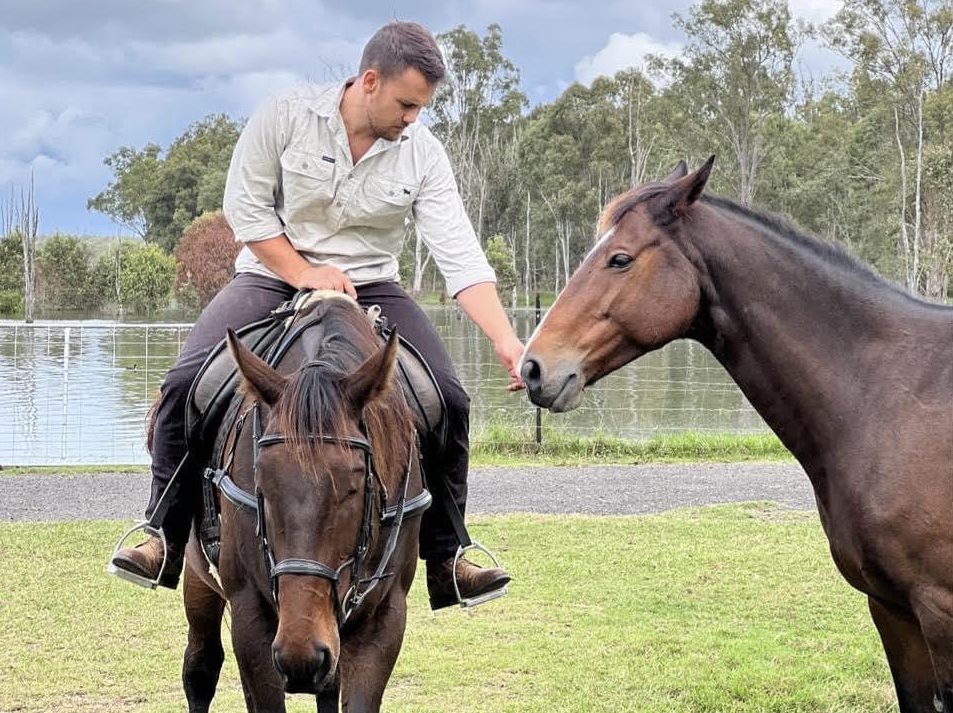
Isaac Adams felt inspired to start his own programs in Queensland. Photo: Tempany Adams.
Scott runs monthly one-day inductions from Helensburgh and the Southern Highlands as a taster for a five-day residential program which he offers free of charge.
“It costs about 20 grand to run a course; we usually have around 10 veterans that are there for five days and that covers their accommodation, food and all the work that we do,” he said.
Now the community will be able to see just how important his program is in a new documentary, The Healing, which was shown at the Royal Commission into Defence and Veteran Suicide.
“I love the fact that we’ve been able to tell that story in such a powerful way. I hope as many people as possible are able to see it,” Scott said.
The Healing will be released publicly in October with more information available on the documentary’s website.
For more information on Isaac’s journey and programs see Healing with Horsemanship.
To find out more about Scott’s programs visit the Horse Aid website.
Anyone experiencing distress can seek immediate advice and support through Lifeline (13 11 14) or the digital mental health gateway, Head to Health.
If you are concerned about suicide, living with someone considering suicide, or bereaved by suicide, the Suicide Call Back Service is available at 1300 659 467.








